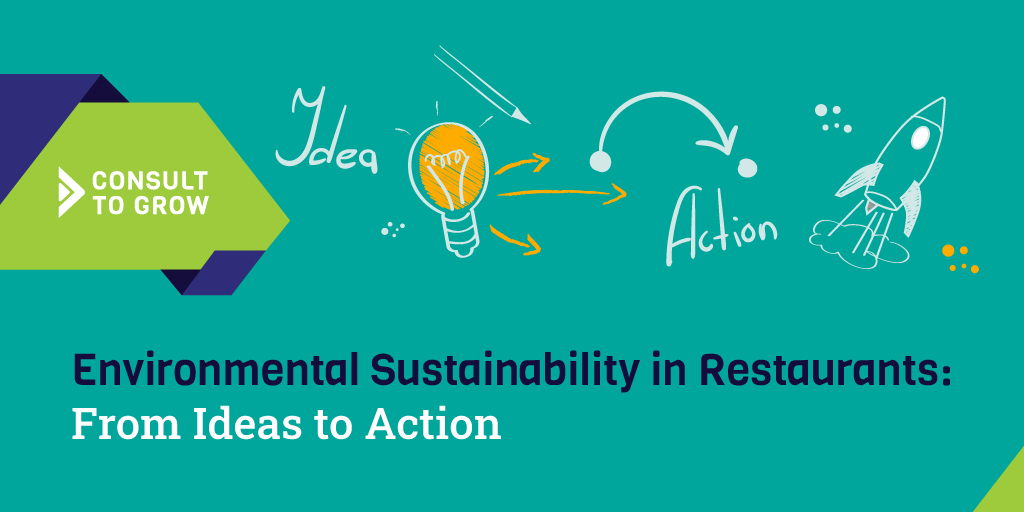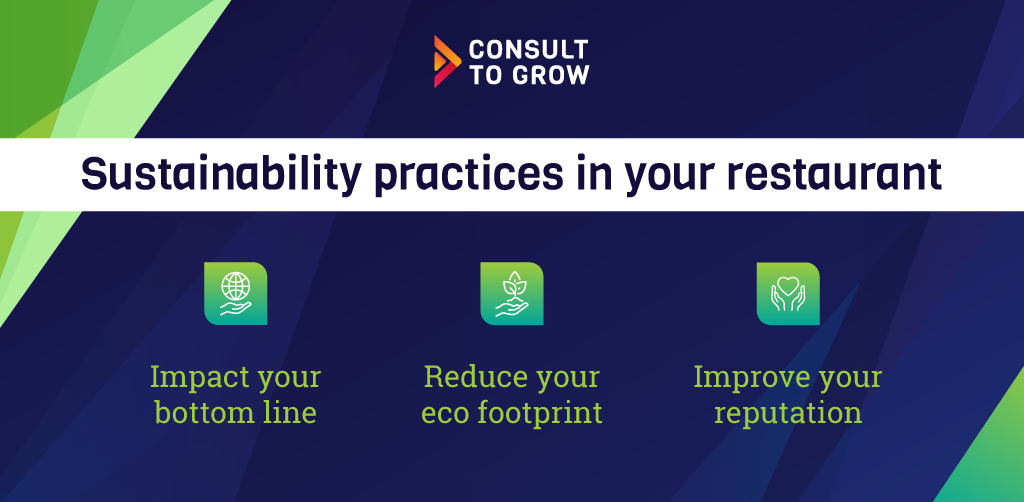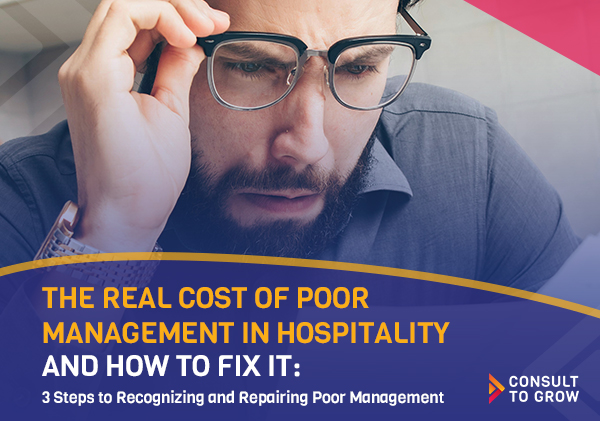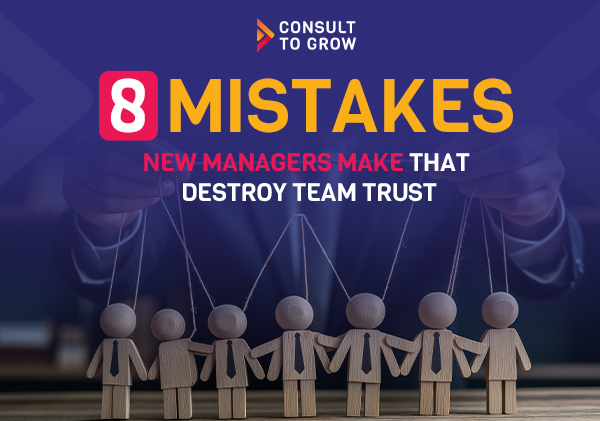
Becoming an Emotionally Intelligent Leader in Hospitality
Growing Your Emotional Intelligence as a Leader Means Enhancing Mental Health for You and Your Team Running a business isn’t only about operations—it’s about managing

Now that you have a sense of the what, let’s get a bit more granular about why you should bring sustainability practices to your restaurant.
Ranging from environmental responsibilities to economic benefits and customer expectations, there are several reasons why your restaurant should adopt sustainability practices. Here are eight reasons why sustainability is becoming increasingly crucial in the restaurant industry:

To recap: adopting sustainability practices offers restaurants a path to reduce environmental impact, improve financial performance, enhance brand, and fulfill the expectations of customers, employees, and stakeholders. This approach not only benefits the planet but also supports long-term business success and resilience.
So many options can feel overwhelming, and any change comes with a financial commitment. However, improving sustainability doesn’t have to be a huge investment. There are several programs in the United States aimed at supporting restaurants in their efforts to increase sustainability. For the most current information and application details, I recommend visiting the official websites provided or contacting the organizations directly. Here is a working list to get you started:
A note here to mention that if you already have sustainable practices in place, or are forming a concept with sustainability at its core, you might consider certification as a B Corp. This is a rigorous review process to ensure that your business is socially and environmentally responsible. A benefit is that it can put you in touch with like-minded businesses, collaborators, suppliers and investors.
Remember, the availability of specific programs and incentives can vary based on your location and the time of year. It’s always a good idea to conduct thorough research and reach out directly to the organizations or government agencies for the most accurate and up-to-date information.
Integrating sustainability into your restaurant business is no longer an option; it’s a critical necessity for those looking to thrive in today’s environmentally conscious and ethically driven market. The reasons to adopt sustainability practices span from crucial environmental impact reduction to significant economic benefits. They include enhanced brand reputation and meeting the evolving expectations of consumers, employees, and stakeholders alike. By taking definitive steps towards sustainability, restaurants not only contribute positively to the planet but also secure their place in a competitive market where customers increasingly favor businesses that align with their values.
Practical measures such as sourcing locally, reducing waste, conserving energy, and engaging with the community demonstrate a commitment to sustainability. Whatever method you choose, by including sustainability practices in your business, you are paving the way for operational efficiency. The support available through various government and local programs further emphasizes the feasibility and benefits of making sustainability a cornerstone of restaurant operations.
The call to action for restaurants is clear: embrace sustainability as a core element of your business strategy. By doing so, you’re not just making an investment in the environment but also in the future success of your restaurant. The journey towards sustainability is a collective effort, and every step taken is a step towards creating a more sustainable, equitable, and profitable future for the entire restaurant industry.
Consult to Grow® provides various tools and services to help you improve your operational performance as you scale and grow your business. We can expertly assess your scalability, develop tactical plans, facilitate planning, and more. Ready to get started?

Growing Your Emotional Intelligence as a Leader Means Enhancing Mental Health for You and Your Team Running a business isn’t only about operations—it’s about managing

3 Steps to Recognizing and Repairing Poor Management Hospitality isn’t just about serving food, making drinks, or booking rooms—it’s about people. And when management fails

Taking on a role as a new manager is an exciting step. It brings new challenges that allow you to stretch and grow. As a